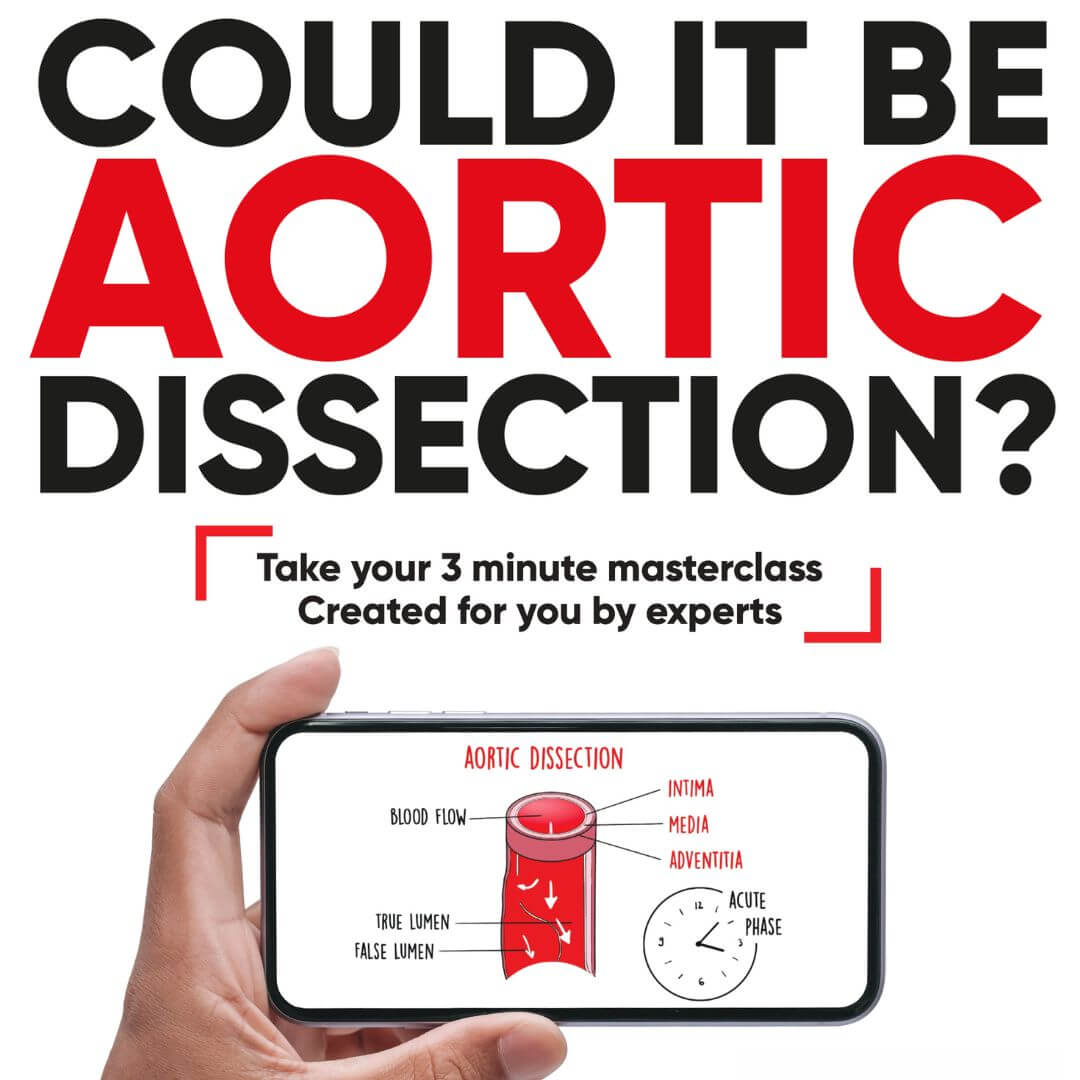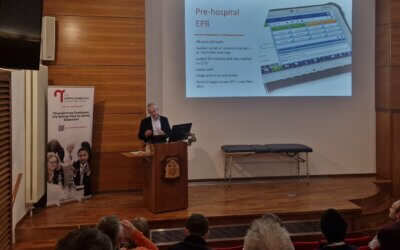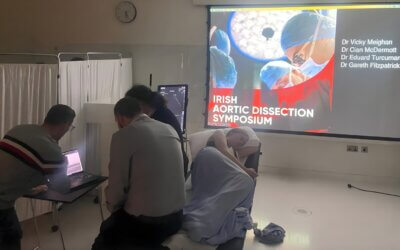As we conclude the sixth annual Loeys-Dietz Syndrome Awareness Month this June, we reflect on the progress made and the urgent need for continued education and awareness. Six years is a relatively short span, but the strides taken in understanding and addressing Loeys-Dietz syndrome (LDS) are crucial. This month served as a pivotal time to shed light on this rare genetic disorder and its associated risks, particularly the threat of complications such as aortic dissection. Central to this call is the poignant story of Sharon, whose life and legacy highlights the importance of patient safety and systemic improvement in the patient pathway.
Understanding Loeys-Dietz Syndrome and Aortic Dissection Risk
Loeys-Dietz syndrome is a genetic disorder affecting connective tissue, which supports, protects, and gives structure to various tissues and organs. While it shares some characteristics with Marfan syndrome, LDS has distinct differences and presents unique challenges. Most cases of LDS are inherited, though spontaneous occurrences are possible without prior family history.
LDS results from a variant in one of several genes, impacting multiple body systems and leading to potentially life-threatening complications. One of the most severe risks is aortic enlargement, which can cause an aneurysm or dissection. The aorta, the main blood vessel transporting blood from the heart, can become dangerously enlarged, increasing the risk of a tear that requires immediate medical attention. Other blood vessels, including those in the head, neck, abdomen and pelvis, can also be affected.
Sharon’s Story: A Tragic Loss and a Call for Change
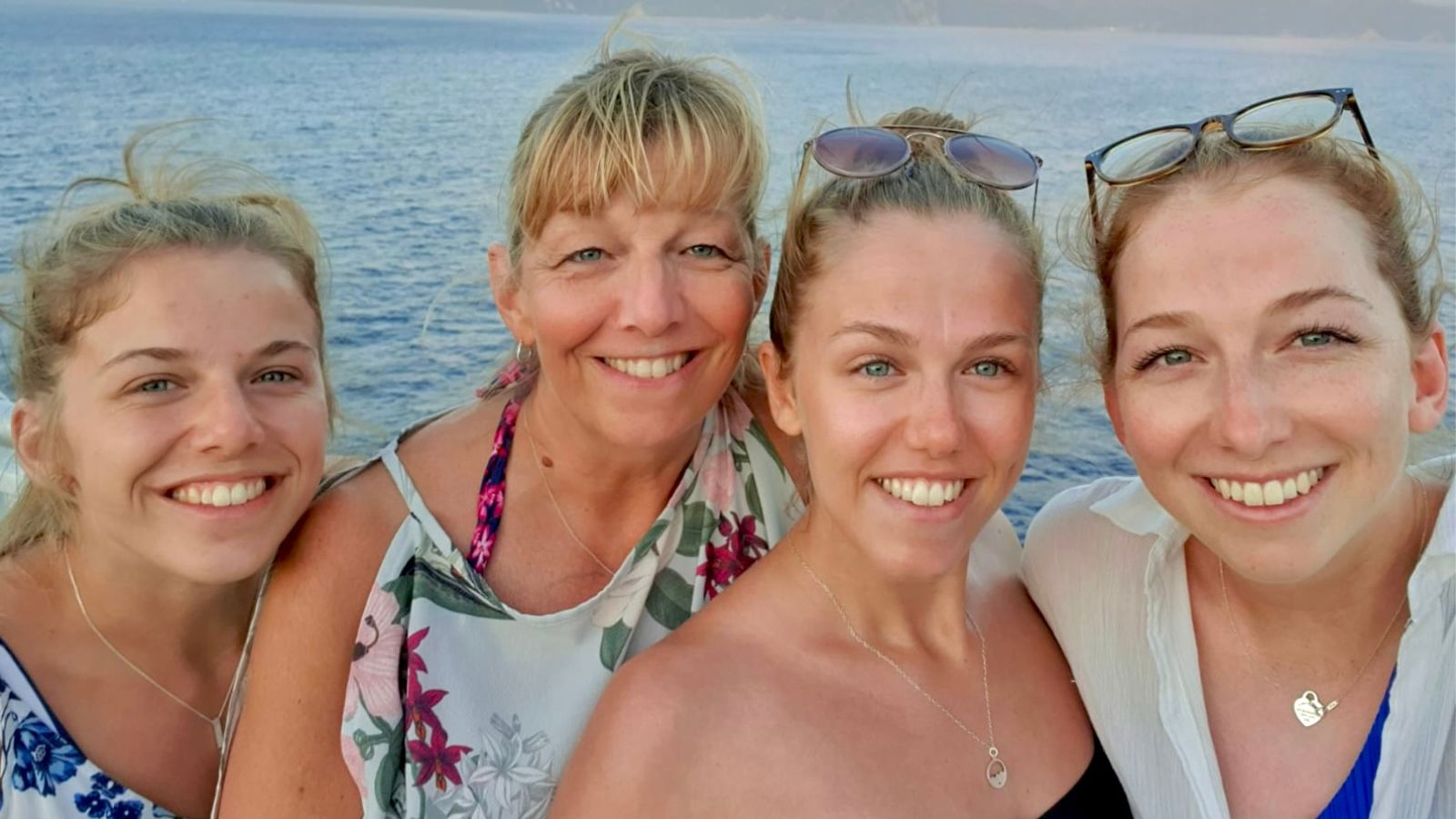
Sharon, a vibrant 53-year-old woman from Bristol, passed away in December 2022. Her family now advocates for greater awareness of LDS to prevent similar tragedies. Sharon’s death, attributed to natural causes compounded by neglect, highlight systemic failures in promptly recognising and treating her aortic dissection.
Sharon’s final days were spent in joyous celebration with her loved ones in the Caribbean, marking twenty-five years of marriage to her husband and their joint 50th birthdays. Upon returning home, Sharon experienced severe chest pains as the plane landed. Despite the urgency of her condition, Sharon faced significant delays and inadequate care in the Emergency Department.
The coroner’s inquest revealed that Sharon’s care was marred by a series of systemic and operational failures. She should have been assessed within an hour of arrival and transferred to a specialist centre for cardiothoracic surgery within four hours. Instead, she remained for over twelve hours in the Emergency Department, and a further six hours elapsed after a CT scan finally confirmed the need for emergency surgery. Tragically, these delays prevented the life-saving intervention she required.
Sharon’s family believes that the initial paramedic’s decision triggered a cascade of delays, ultimately costing her life. The subsequent care was inadequate, failing to provide the urgent cardiac specialist treatment necessary for her condition. The cumulative effect of these missteps highlights a critical need for improved pathways and awareness in treating LDS and similar aortic conditions.
Patient Safety and Systemic Improvement
Sharon’s story is a stark reminder of the importance of patient safety and systemic improvements in healthcare. Her experience highlights the necessity of timely recognition and treatment of life-threatening conditions like aortic dissection. Engaging patients and their families is essential in preventing misdiagnoses and ensuring that those with conditions like LDS receive the appropriate care swiftly.
Sharon’s story underscores key themes of patient safety and engagement, highlighting essential steps for improving care and preventing tragedies in LDS cases.
Advocacy and Efforts
In the wake of Sharon’s death, her family has become ardent advocates for raising awareness and improving medical education on LDS and aortic dissection. Their efforts aim to ensure that healthcare professionals and the public are better informed about the condition and its risks. By sharing Sharon’s story, they hope to prevent similar tragedies and foster a healthcare system that is more responsive and knowledgeable about rare genetic disorders.
The family’s collaboration with various organisations and their advocacy work exemplifies the role of patients and families in driving systemic change. Their initiatives include fundraising for educational programmes, supporting research, and participating in awareness campaigns to highlight the critical nature of timely and accurate diagnosis and treatment.
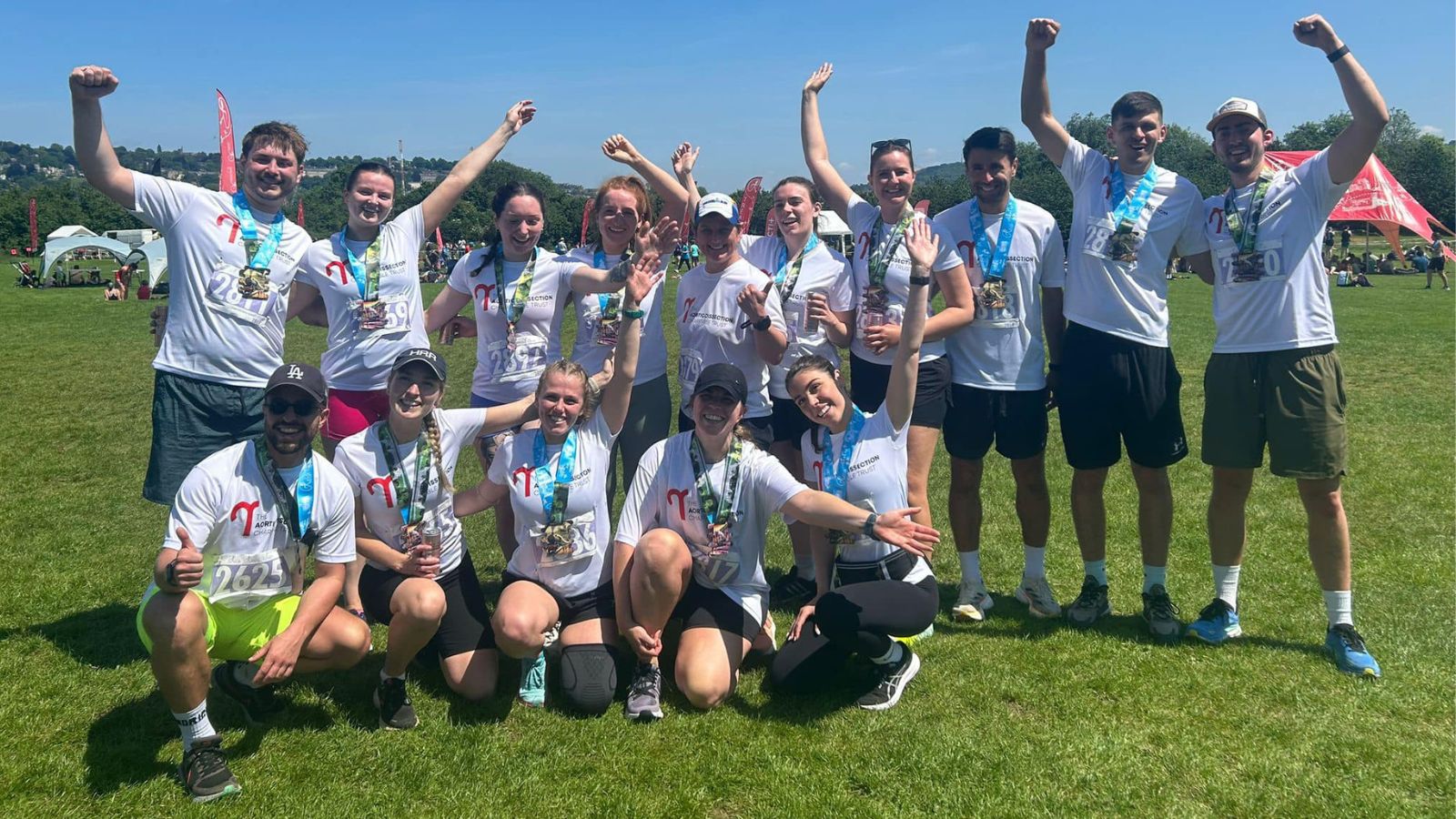
Cultivating Collaborative Healthcare
As Loeys-Dietz Syndrome Awareness Month draws to a close, Sharon’s story stands as a powerful testament to the importance of patient safety and systemic vigilance. From the point of care to broader healthcare policies, her experience emphasises the need for a healthcare system that actively engages patients and their families as partners. By learning from Sharon’s case and advocating for comprehensive education and awareness, we can work towards a future where such preventable tragedies are averted, and lives are saved through timely, effective medical intervention.

